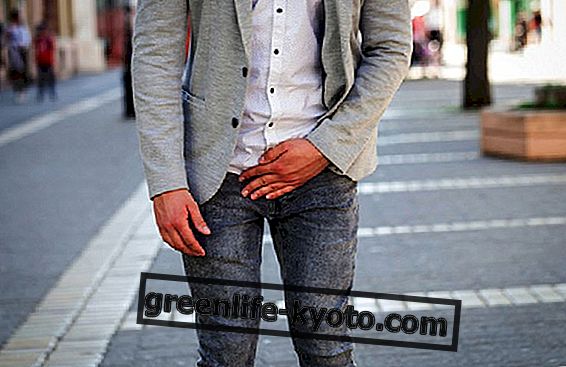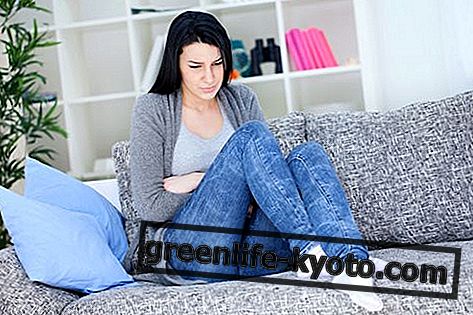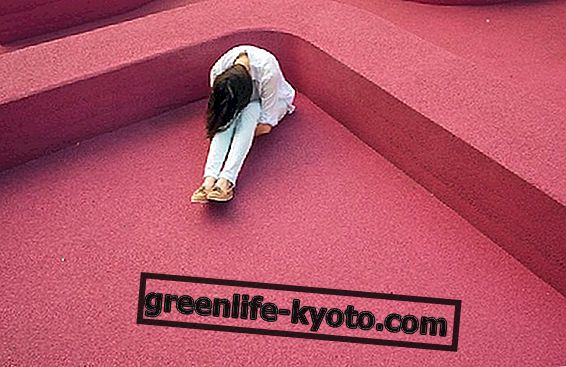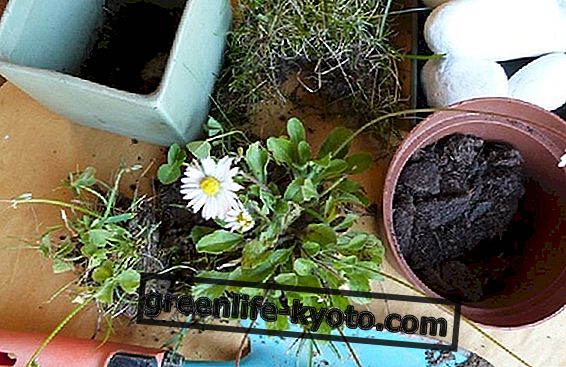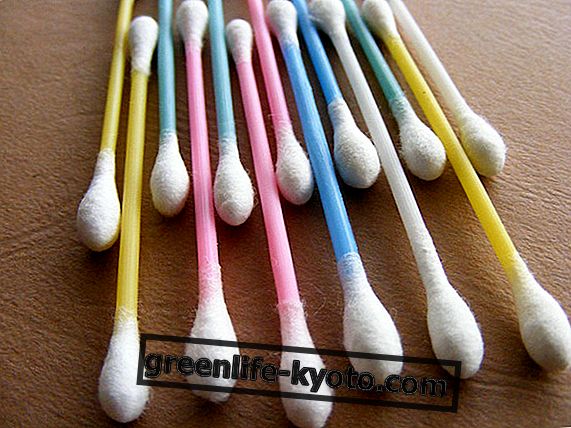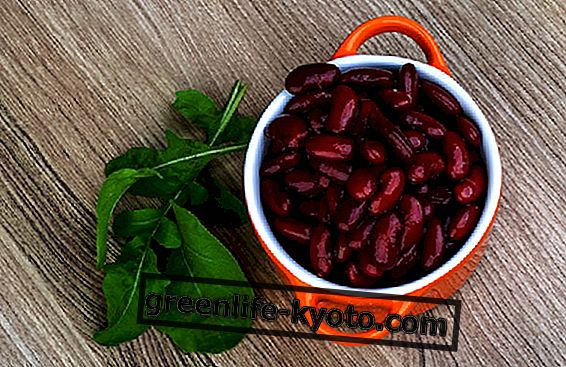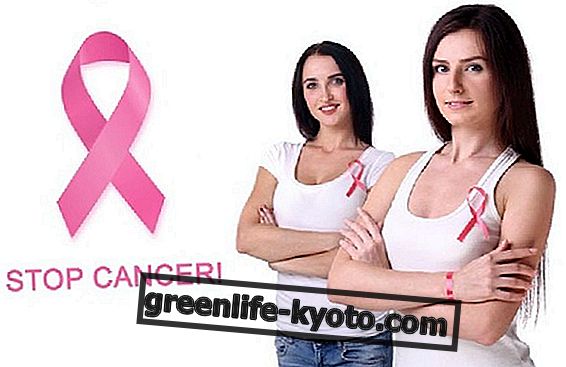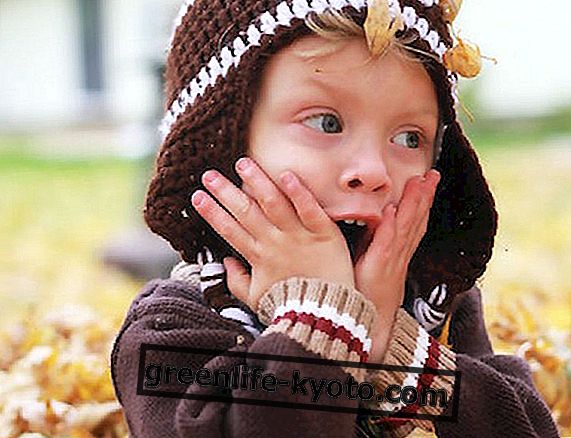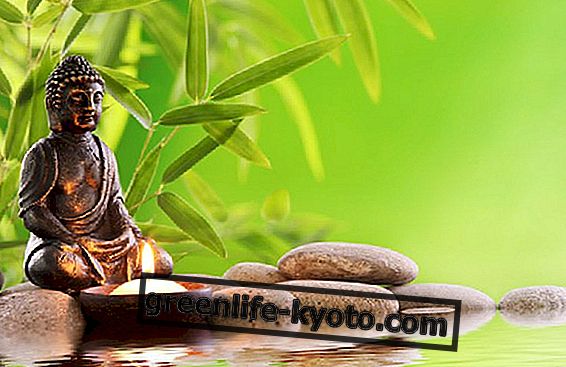
The psychophysical discipline that is tai chi has the advantage of accompanying you at various stages of life.
As in yoga, another valid discipline during menopause, constancy and patience with oneself are fundamental.
Symptoms related to menopause
In menopause an increase in flushing, joint pain, episodes of decreased concentration and memory can be observed. Let it be clear, it is not really said with certainty that these disorders are met, but it can happen. Insomnia is also a potential menopausal disorder.
In this sense, the medicine on which the theoretical basis rests tai chi helps a great deal. Acupuncture improves the quantity and quality of sleep, according to recent studies based on polysomnographic traces recorded in menopausal women during the night. Acupuncture has been shown to help in menopause as it increases estrogen levels and reduces LH levels; moreover, the production of endorphins increases, with a consequent reduction in the intensity of hot flushes.
For all these disorders tai chi is a panacea . Follow a flow of movements where the center carries the limbs and guides the intention is very useful. It is a real conditioning aimed at regaining the naturalness of the gesture. Postural vices and emotional changes will automatically correct themselves. Then there is a not inconsiderable social factor : we know each other between people of the same age, we share, we compare, we do not live in isolation this phase which can also be very beautiful, of new and surprising rebirth.
As for flushing and incontinence, a specific study ( Relation of demographic and lifestyle factors to a multiracial / ethnic population of women 40-55 years of age; EB Gold et al., Am J Epidemiol, vol. 152, no 5, 2000 ) has shown that Chinese and Japanese women who regularly practice Tai Chi suffer far less than western women of incontinence and urinary losses. This same target also gave positive results compared to the onset of hot flashes and sweats.
Treating the effects of menopause with herbal medicine
Tai chi and post-menopausal osteoporosis
Menopause is also a delicate phase because the bones can tend to become brittle and osteoporosis can occur. Tai chi chuan greatly helps the constant nourishment of bones, being a moving meditation that works with gravity, it evokes movement in the air as if the whole body became water (in fact, we are full of water).
If there is an initial calcium deficiency, before resorting to hormone replacement therapy (HRT) or specific pharmacological treatments, one can still act on the lifestyle and time dedicated to the movement. To help bones it is also useful not to consume refined sugars, to expose yourself with moderation to the sun, to avoid too many white flours.
To positively stimulate bone metabolism, you can precede or complete motor activity with a nice cup of green tea, rich in polyphenols that have an antioxidant action .
According to the results of a study conducted at the University of Texas (United States) these would be two complementary remedies. The study was conducted on 150 postmenopausal women with different degrees of bone depletion. According to recorded data, the intake of green tea extracts, associated with three weekly tai-chi sessions of one hour each, for a period of six months, has improved the quality of life and the general psychophysical well-being of women in postmenopausal sample taken into consideration.
Also at the University of Georgia, in the United States, a group of 171 postmenopausal women with osteopenia (mineral density below the normal range) for 6 months participated in a similar experiment.
These women were divided into four groups, one was given placebo, one of the green tea extract extract, the third group practiced tai chi for 3 hours a week taking a placebo, the fourth group practiced tai who and took green tea extract. Thanks to tai chi, the quality of life and the state of emotional and psychological well - being has improved, muscle strength has increased.
From the results it was shown how the combination with the intake of green tea extract reduces oxidative stress (measured by a blood marker), induces an increase in markers of new bone formation and a reduction in reabsorption markers.
